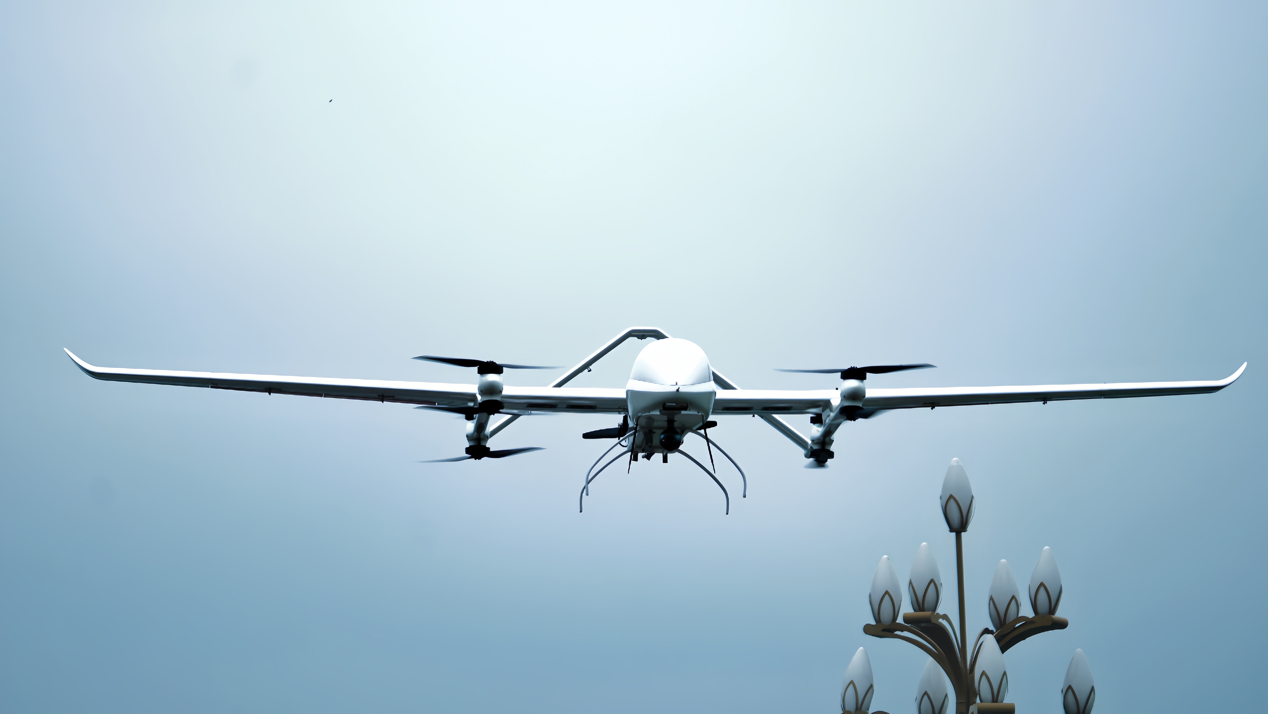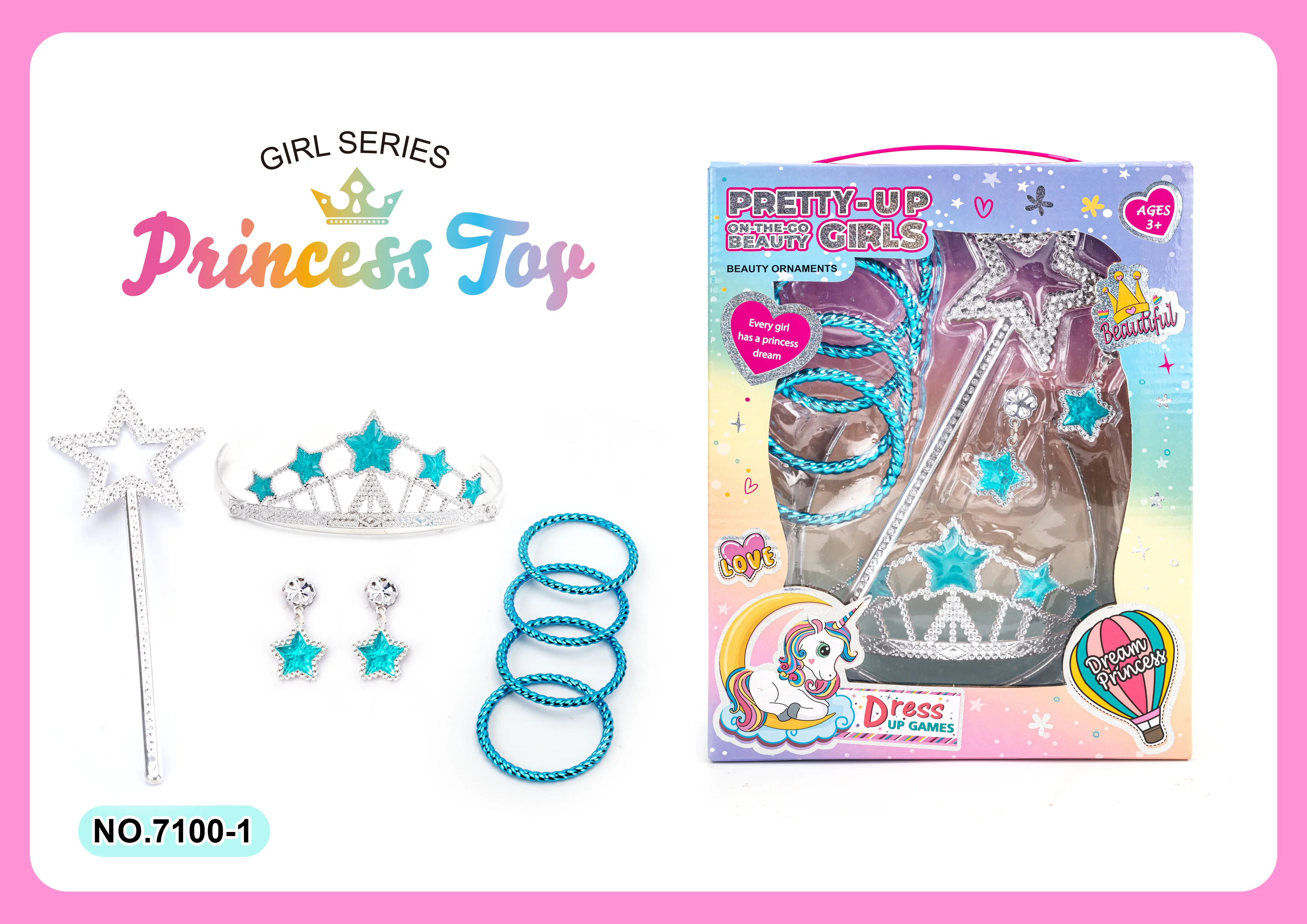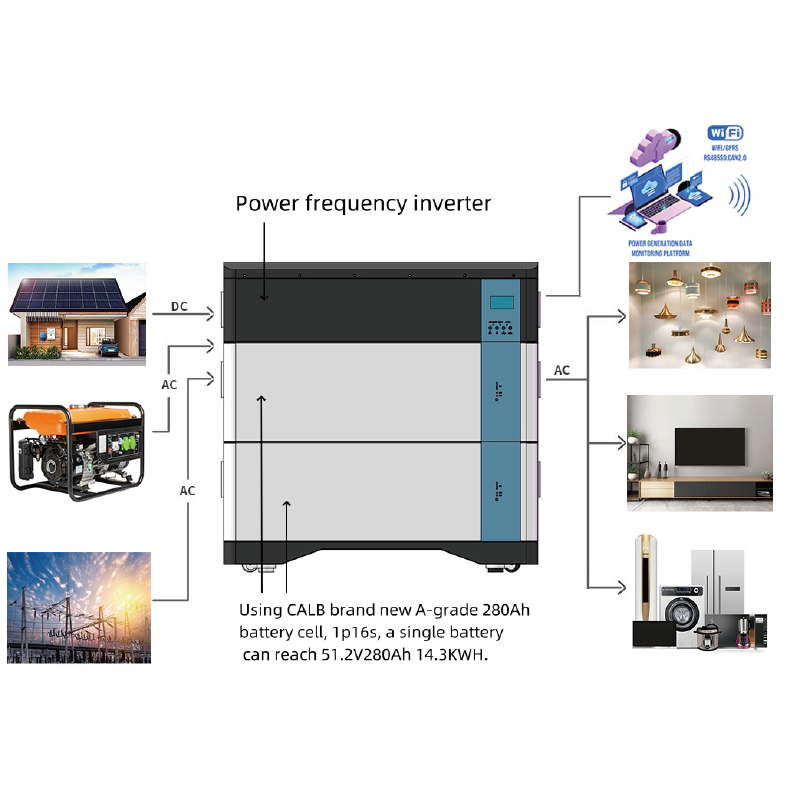When it comes to camping, the thrill of the great outdoors is often accompanied by the challenge of meal preparation. The right food can enhance your camping experience, providing nourishment and comfort after a day of exploration. However, selecting the appropriate food for your camping trip requires careful consideration of various factors, including nutritional value, ease of preparation, storage, and cooking methods. In this comprehensive guide, we will explore what food you should bring to camp, ensuring that your culinary adventures under the stars are both satisfying and memorable.
- Nutritional Balance: Fueling Your Outdoor Activities
Before diving into specific food items, it’s essential to understand the nutritional needs of your body during a camping trip. Outdoor activities such as hiking, kayaking, or fishing demand a diet rich in carbohydrates, proteins, and healthy fats. Here’s a breakdown of what to include:
- Carbohydrates: These are your primary source of energy. Opt for whole grains like quinoa, brown rice, and whole-grain pasta. Instant oatmeal packets are also a convenient option for breakfast.
- Proteins: Essential for muscle repair and recovery, proteins can be sourced from lean meats, canned beans, nuts, and seeds. Consider packing vacuum-sealed chicken, turkey jerky, or plant-based protein options for versatility.
- Healthy Fats: Avocados, nut butters, and olive oil are excellent sources of healthy fats that can help keep you satiated and energized throughout the day.
- Food Preservation: Keeping It Fresh
When selecting food for your camping trip, consider how you will store and preserve it. Here are some tips to ensure your food remains fresh:
- Coolers and Ice Packs: If you’re bringing perishable items like dairy or meats, invest in a high-quality cooler and ice packs. This will help maintain a safe temperature and prevent spoilage.
- Dehydrated and Freeze-Dried Foods: These options are lightweight, easy to pack, and have a long shelf life. They can be rehydrated with hot water, making them a convenient choice for meals.
- Canned Goods: Canned vegetables, beans, and soups are not only shelf-stable but also provide essential nutrients. They can be easily heated over a campfire or portable stove.
- Meal Planning: Creating a Balanced Menu
A well-thought-out meal plan can simplify your camping experience. Here’s a sample menu to inspire your culinary creativity:
- Breakfast: Start your day with a hearty breakfast. Options include oatmeal topped with dried fruits and nuts, or whole-grain pancakes with maple syrup. For a protein boost, consider adding eggs or Greek yogurt.
- Lunch: Pack easy-to-assemble sandwiches using whole-grain bread, nut butter, and banana, or opt for a quinoa salad with canned beans, diced vegetables, and a drizzle of olive oil.
- Dinner: For dinner, consider foil packet meals that can be cooked over the campfire. Combine diced chicken or tofu with seasonal vegetables and your favorite spices, wrap in foil, and cook for about 20-30 minutes.
- Snacks: Keep your energy levels up with healthy snacks. Trail mix, energy bars, and fresh fruits like apples or oranges are portable and nutritious options.
- Cooking Methods: Embracing Campfire Cuisine
The cooking methods you choose can significantly impact your meal preparation. Here are some popular techniques for camp cooking:
- Grilling: A portable grill or a campfire grate can be used to cook meats and vegetables, imparting a delicious smoky flavor.
- Boiling: A simple pot of boiling water can be used for pasta, rice, or rehydrating dehydrated meals.
- Foil Packets: As mentioned earlier, foil packets are a versatile cooking method that allows for easy cleanup and minimal equipment.
- Hydration: Don’t Forget the Water
While food is crucial, hydration is equally important. Always bring enough water for drinking and cooking. A general rule of thumb is to drink at least half a gallon (about 2 liters) of water per day, but this may vary based on activity level and climate. Consider bringing a portable water filter or purification tablets if you plan to source water from natural bodies.
Conclusion: Savoring the Experience
Choosing the right food for your camping trip can elevate your outdoor experience from ordinary to extraordinary. By focusing on nutritional balance, proper food preservation, thoughtful meal planning, and effective cooking methods, you can ensure that your culinary adventures under the stars are both enjoyable and fulfilling. So pack your bags, gather your ingredients, and get ready to savor the flavors of nature! Happy camping!






